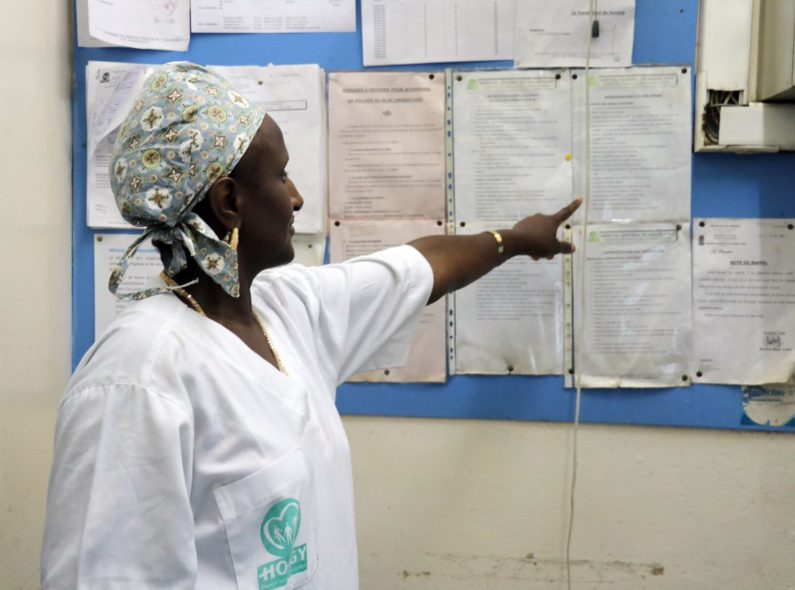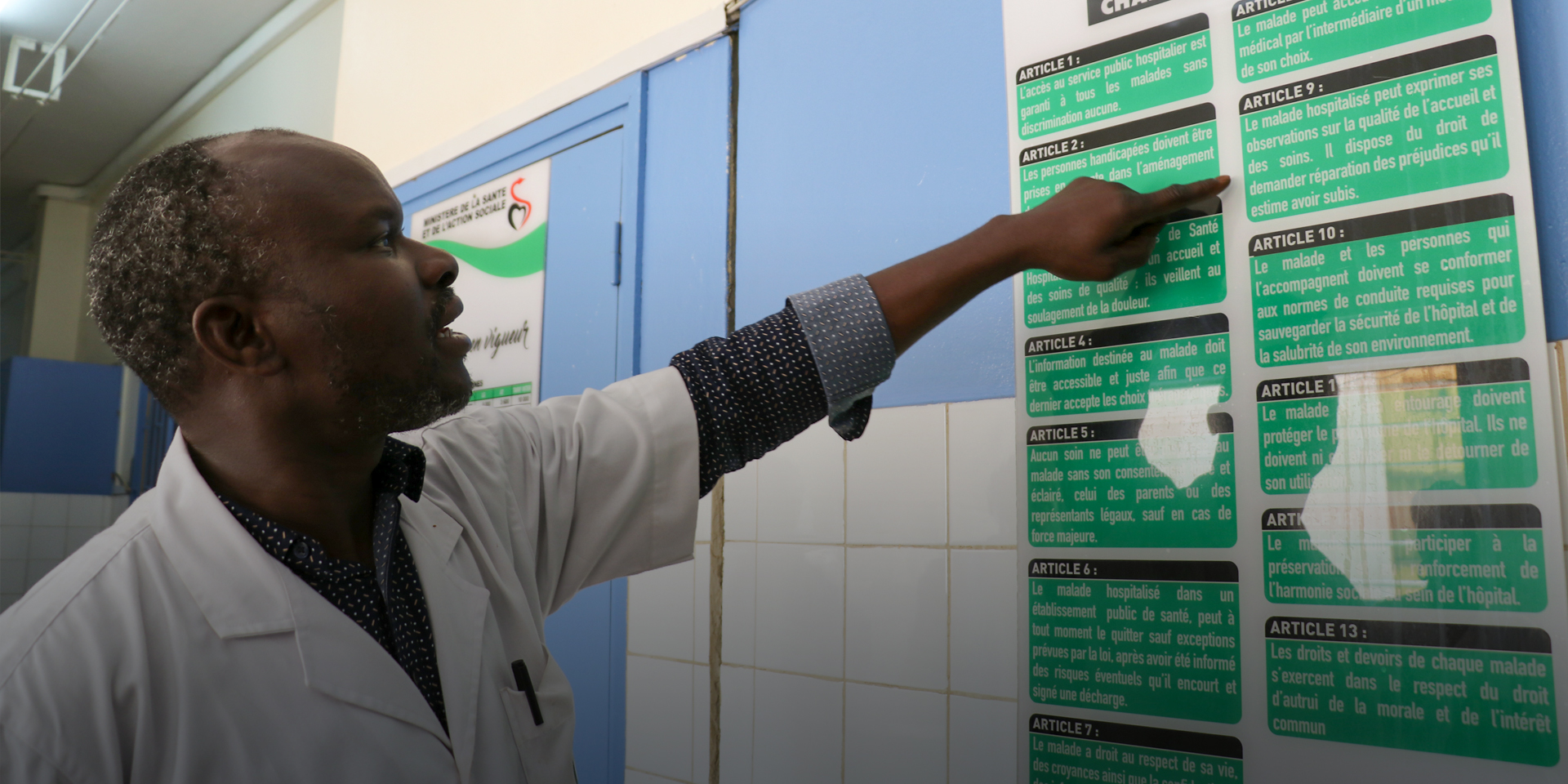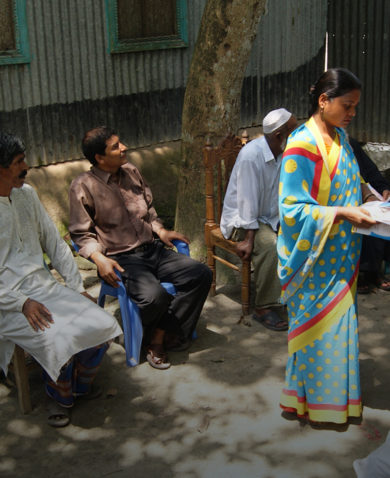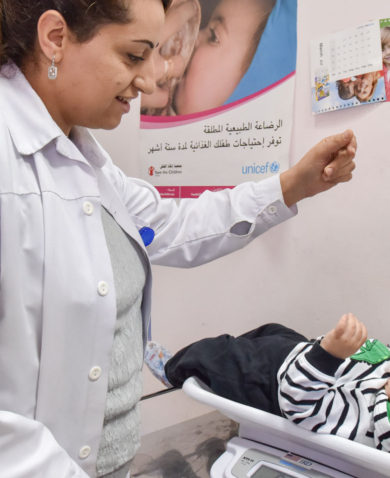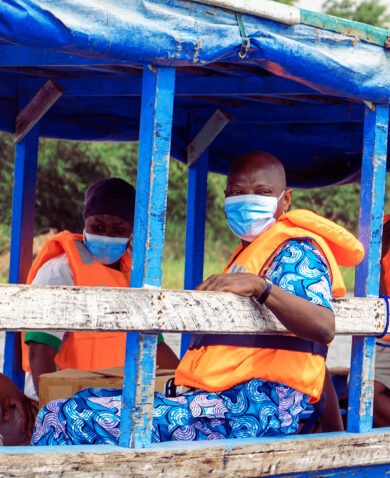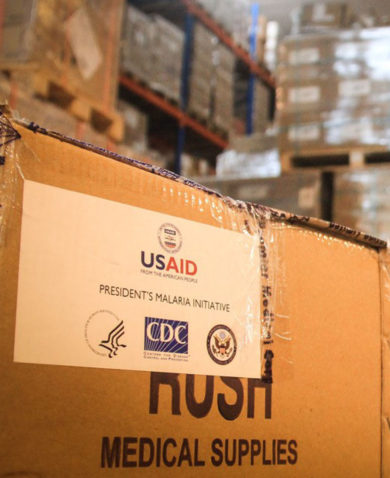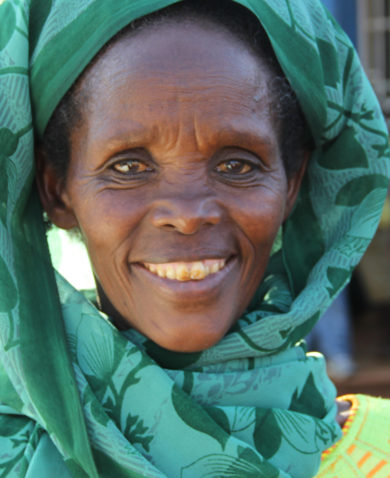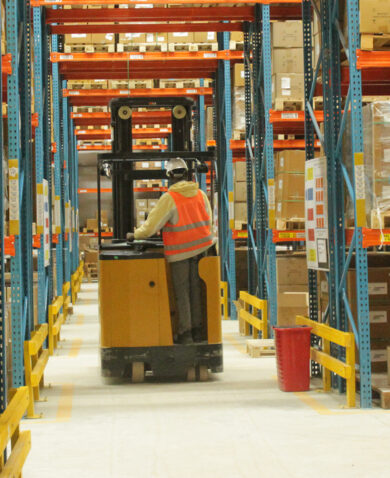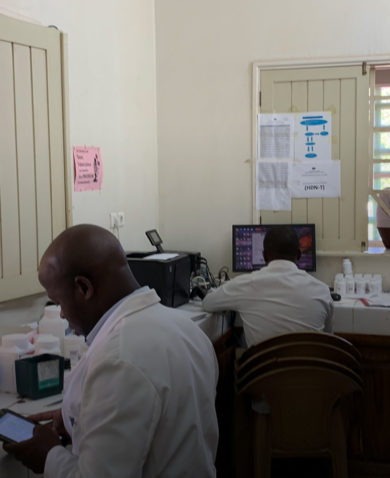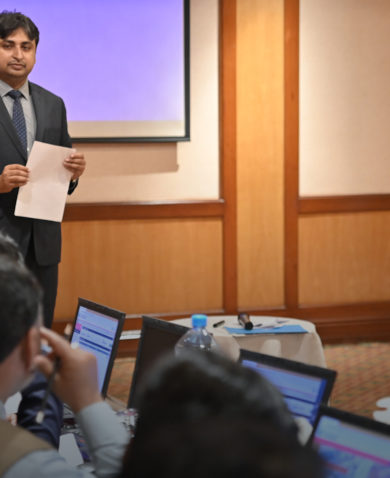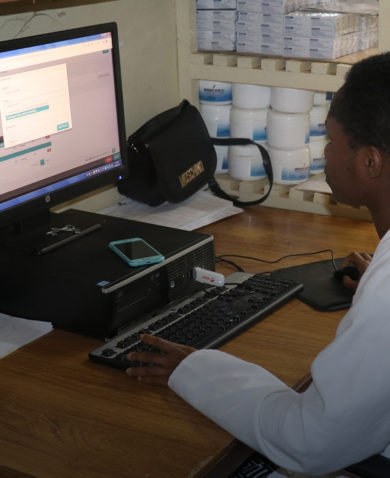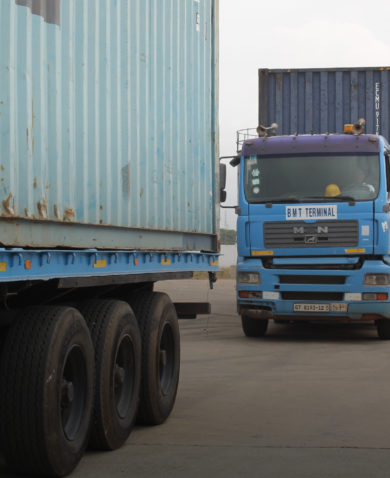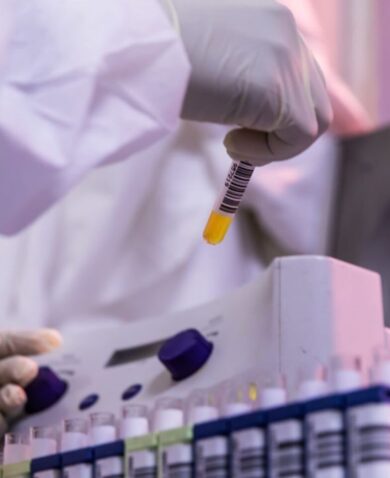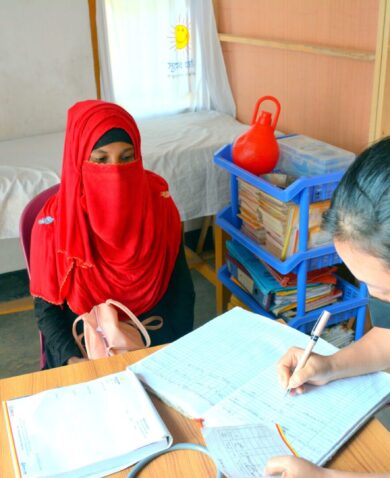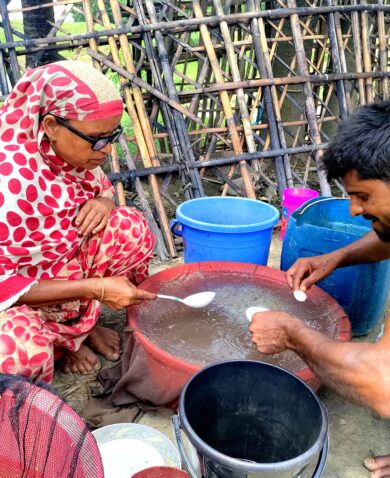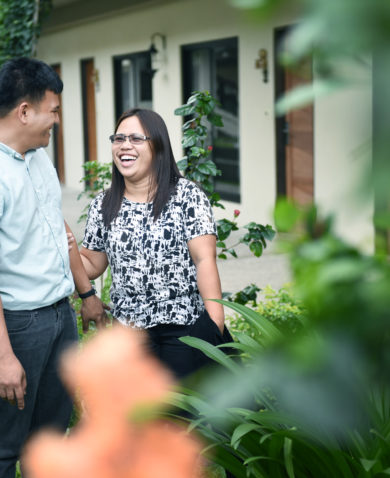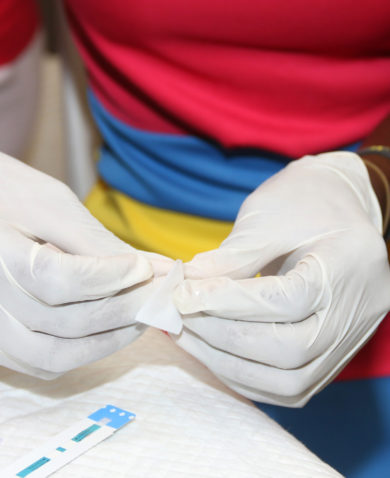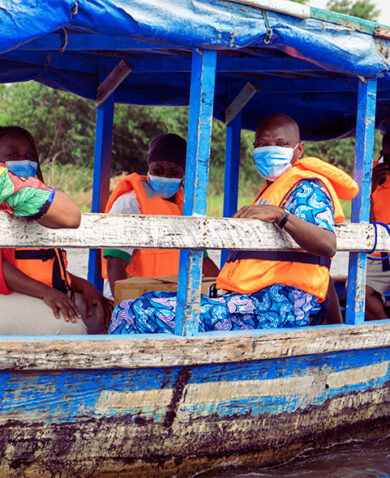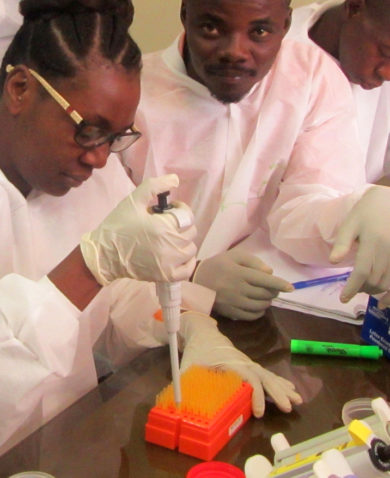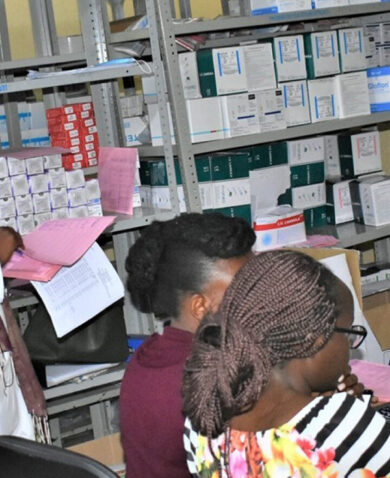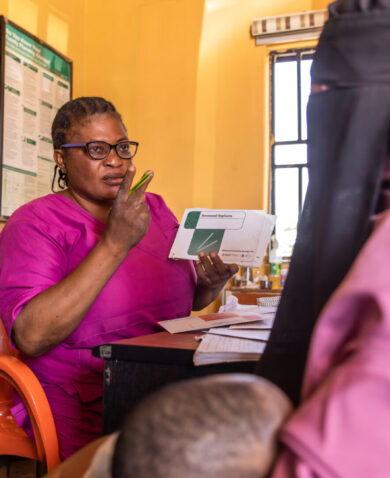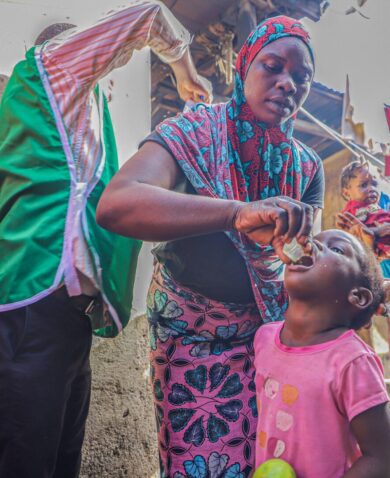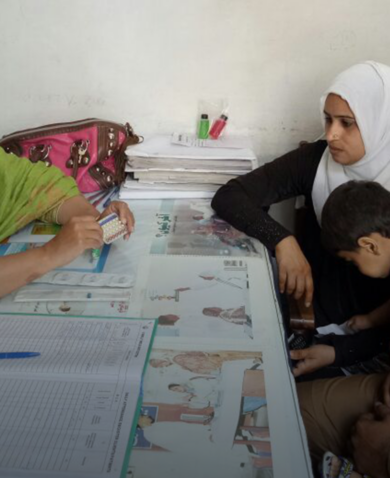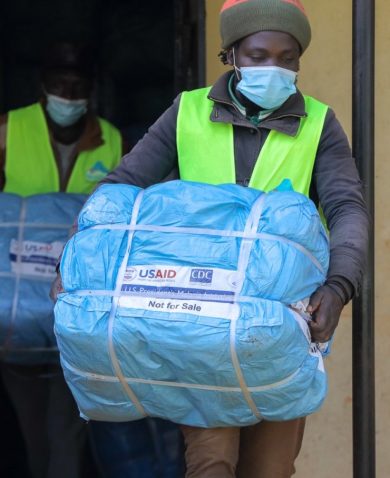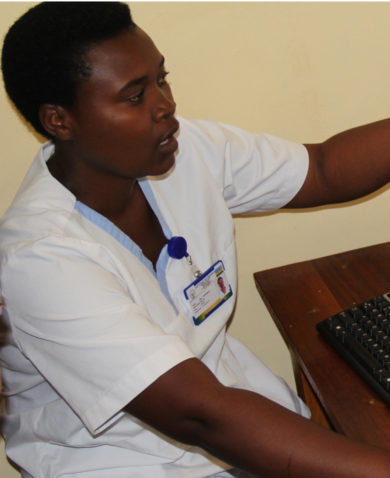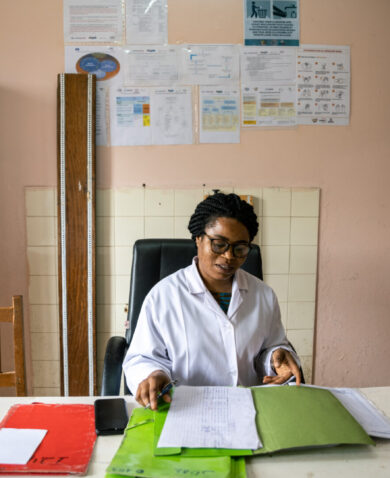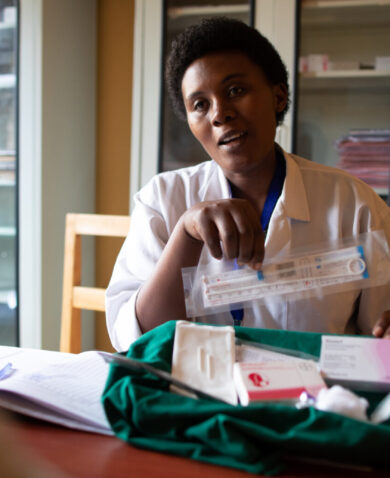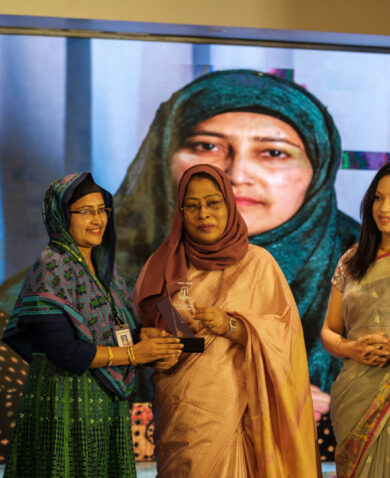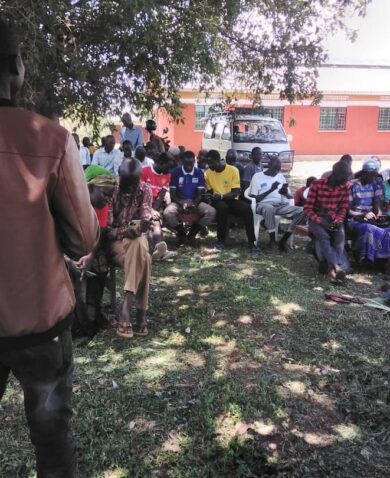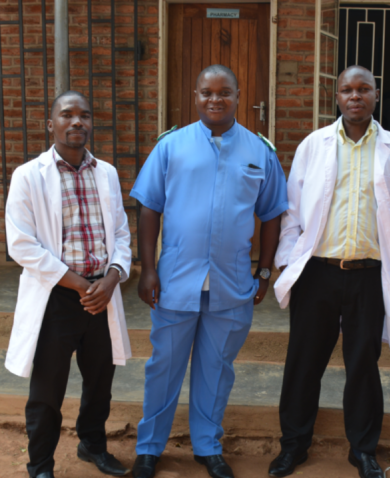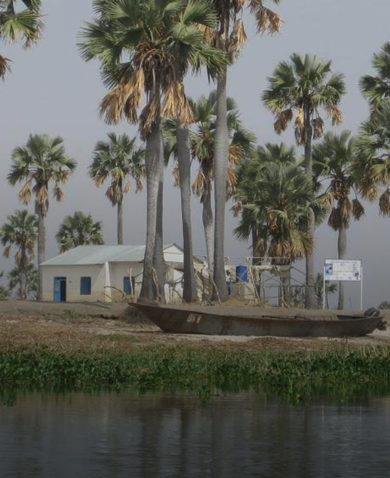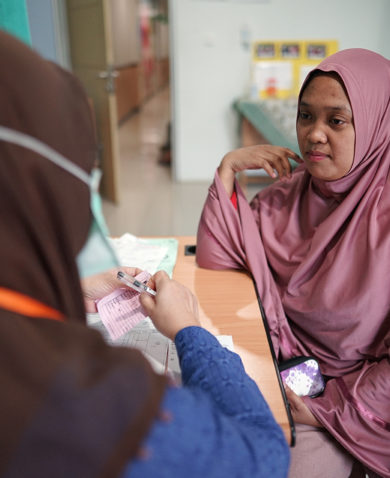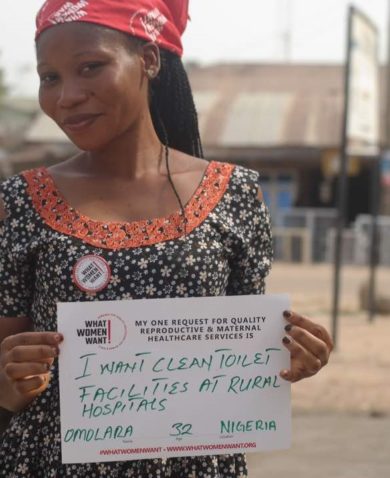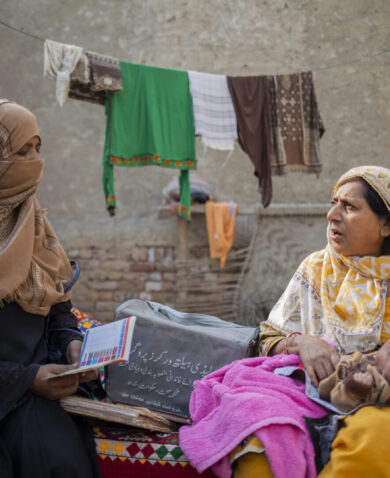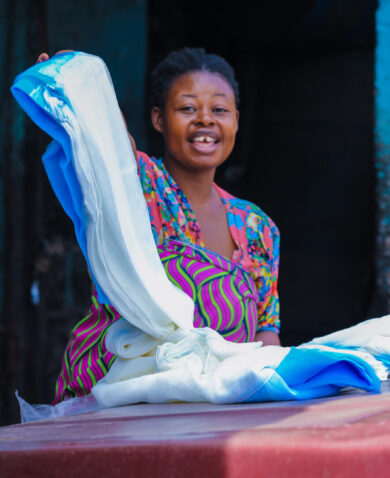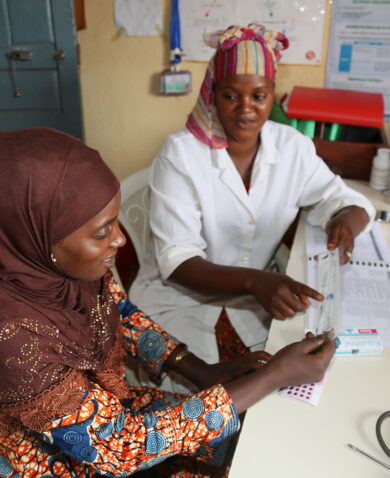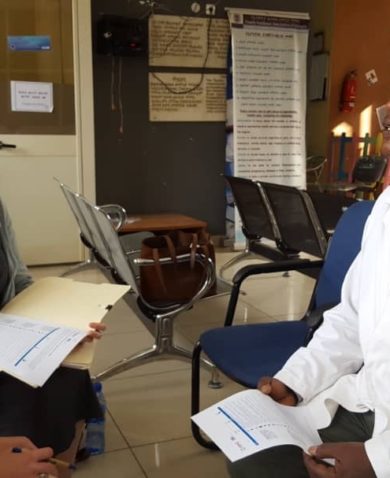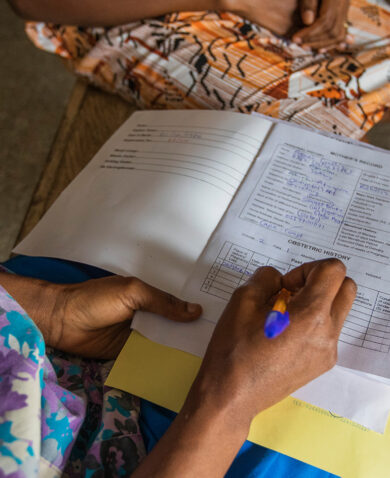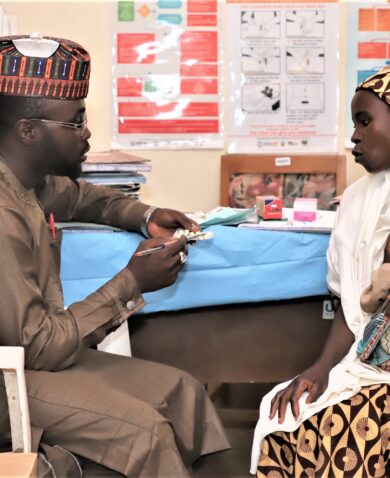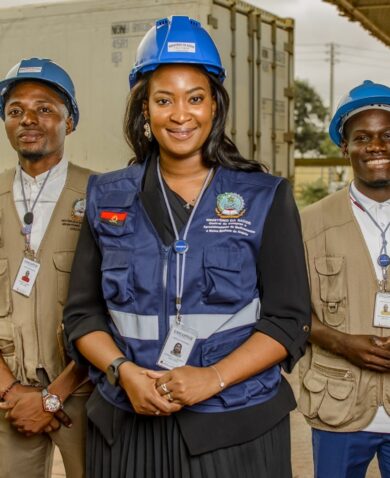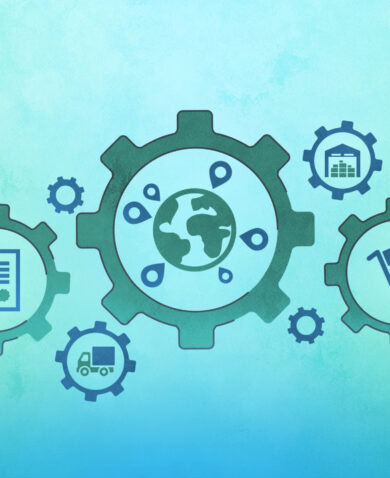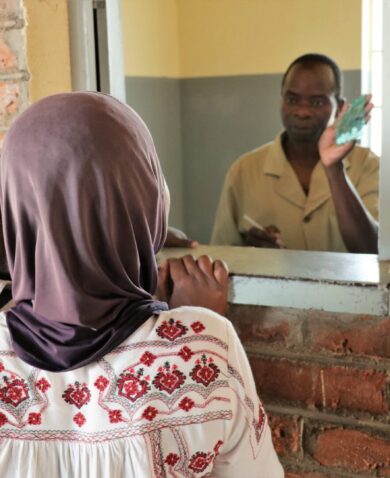Standard processes are vital, whether they’re for a supply chain that delivers quality medicines or for health workers who deliver quality services. With processes and policies in place, health systems can ensure quality of care, health workforce retention, and sustainable operations that reach communities in need. But creating these processes from the ground up is no small feat, especially in Senegal.
Senegal faces major human resources for health challenges, including a critical shortage of health workers in hard-to-reach areas. These shortages are more prominent in remote and rural areas and can weaken health systems and patients’ access to health services. In addition, retaining health workers in remote areas remains an obstacle to providing health services. These issues are exacerbated by the limited availability of safe, quality medicines to treat Senegalese patients.

What tools, policies, and processes will it take to address systemic barriers to sustainable health systems and improve service delivery?
Chemonics is partnering with Senegal’s Ministry of Health and Social Action (Ministère de la Santé et de l’Action Sociale, or MSAS) and other relevant government ministries to tackle this challenge head-on. Working alongside the USAID HRH2030 (Human Resources for Health in 2030) program and the USAID Global Health Supply Chain – Technical Assistance Francophone Task Order (GHSC-TA Francophone TO), the government of Senegal is developing tools that address this pressing question.
Stronger Job Descriptions for Stronger Systems
Nene Sory Binda Ba is a nurse at Grand Yoff General Hospital in Dakar. Given Senegal’s health workforce shortage, it’s especially important for health workers like Nene to understand their role, who they report to, and the services they provide. The lives of patients depend on it, and so does the health system at large. At Grand Yoff General Hospital, Nene understands her responsibilities and the resources needed to fulfill them. She can pinpoint the skills needed for her role and the hierarchies that surround it. HRH2030 and Senegal’s Directorate of Human Resources at the MSAS are working together to ensure other health workers — and stakeholders within the ministry — can say the same. Job descriptions help make that possible.
With a template created by the Office of Organization and Methods under the Presidency of the Republic, MSAS is developing job descriptions across its health institutions. Along the way, staff better understand the tasks in their purview while decision-makers in the institution recognize why positions exist in the first place.

To build the capacity of MSAS staff in developing job descriptions, HRH2030 trained 122 human-resource managers and human-resource focal points at the central, regional, and hospital levels. In addition, HRH2030 supported the General Directorate of Social Action, the Directorate of General Administration, the Kaffrine Medical Region, and the Directorate of Planning, Research, and Statistics to develop 277 job descriptions for their staff.
